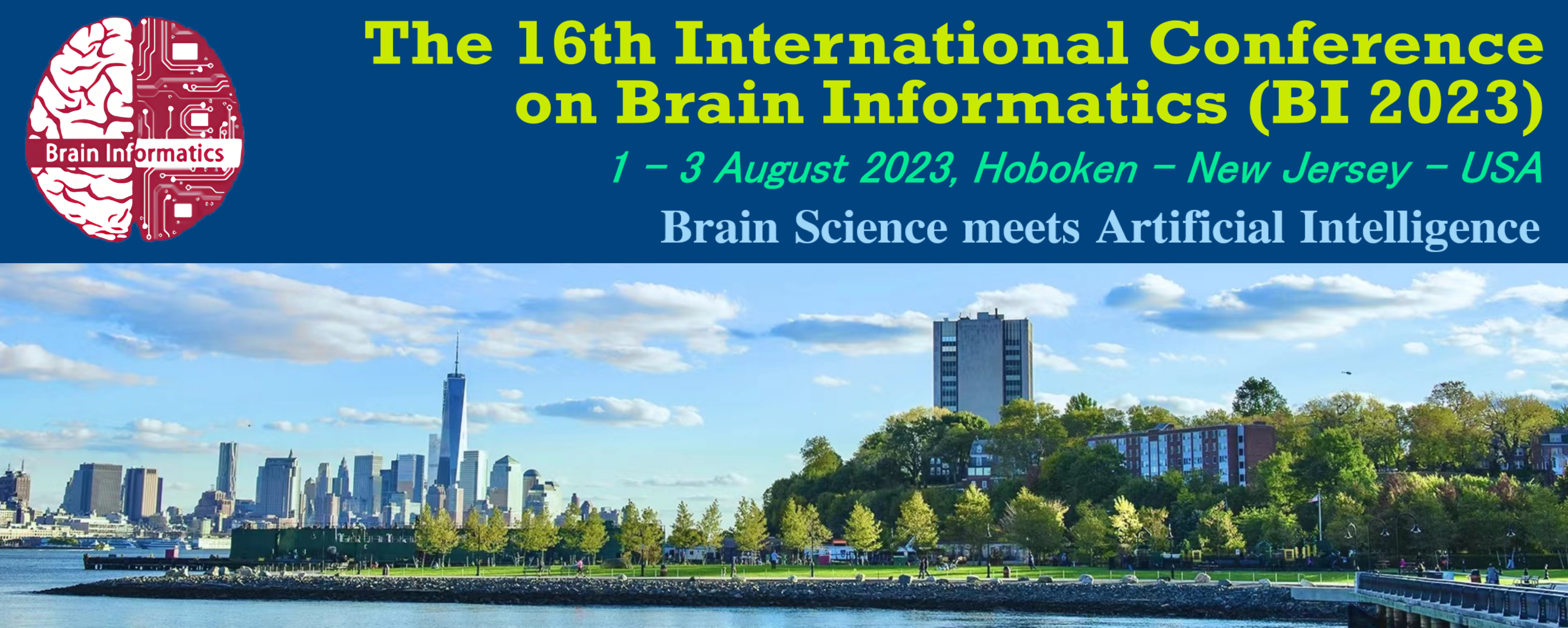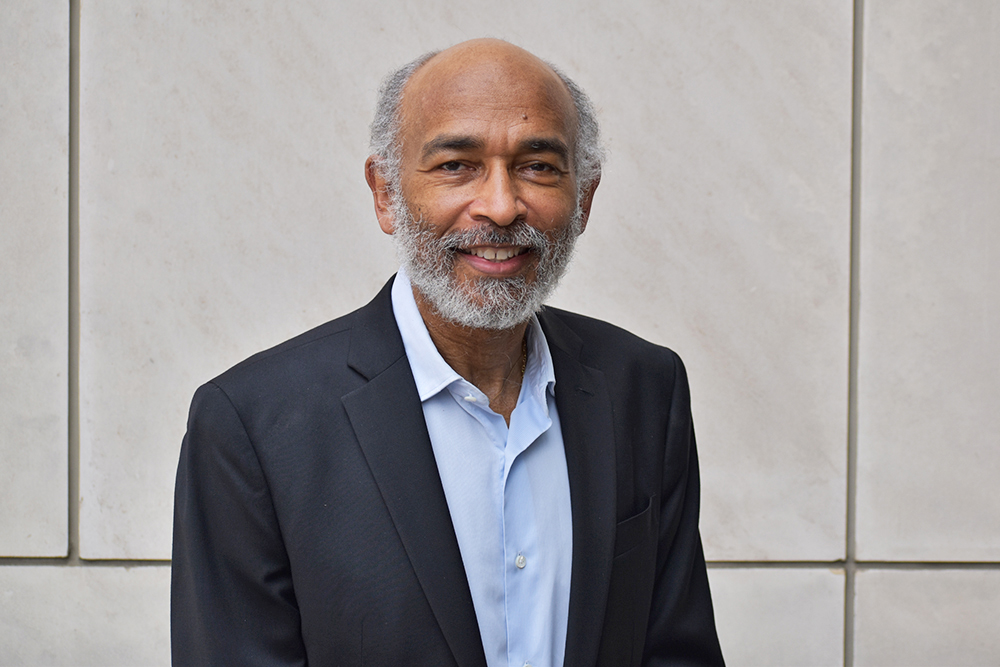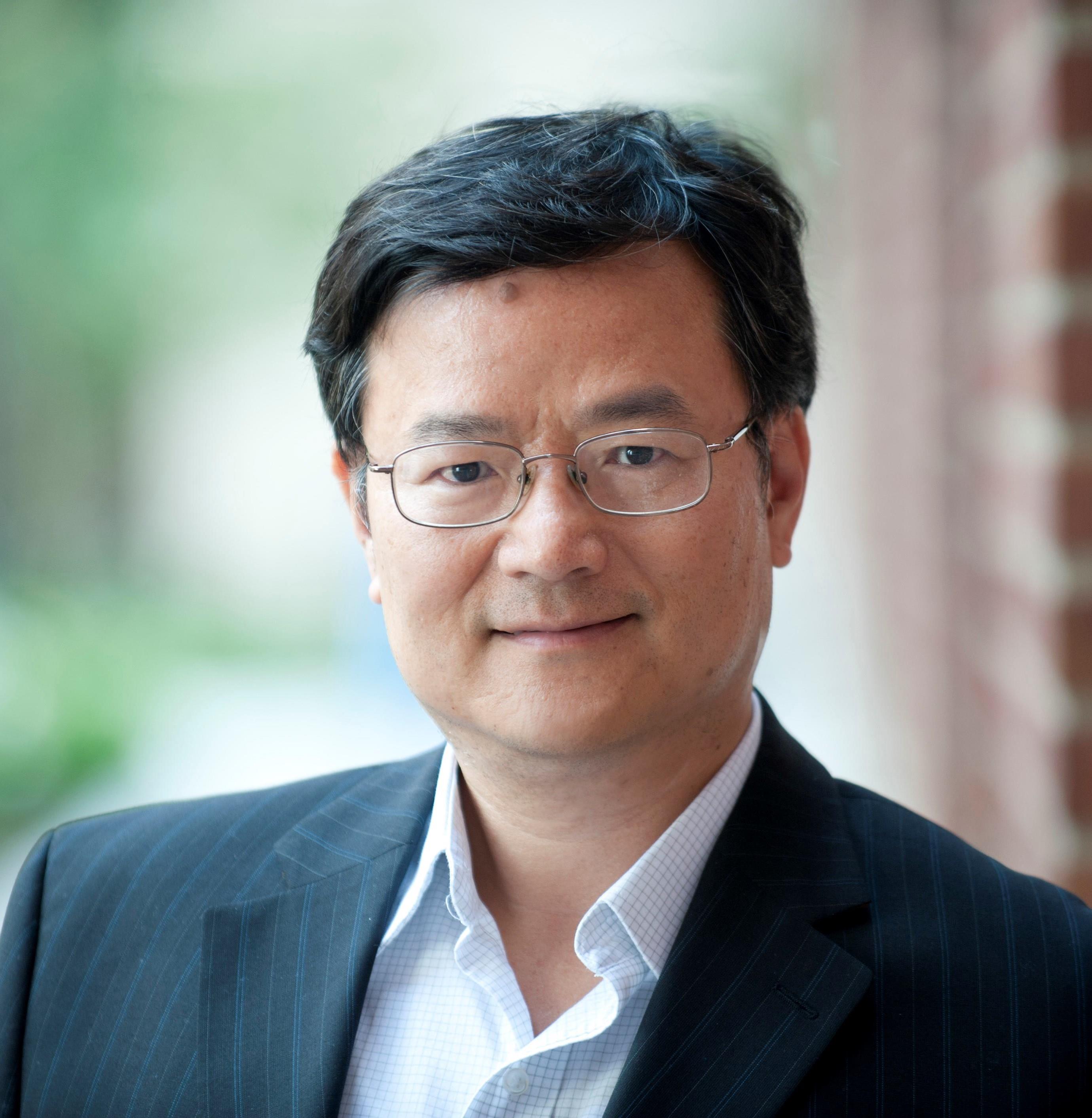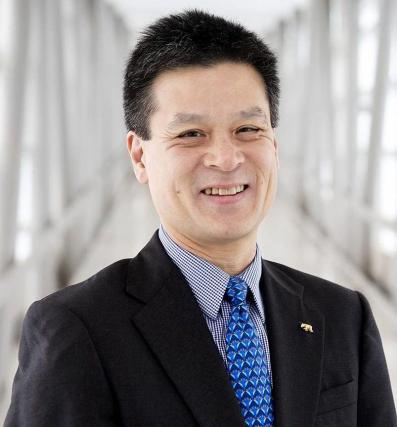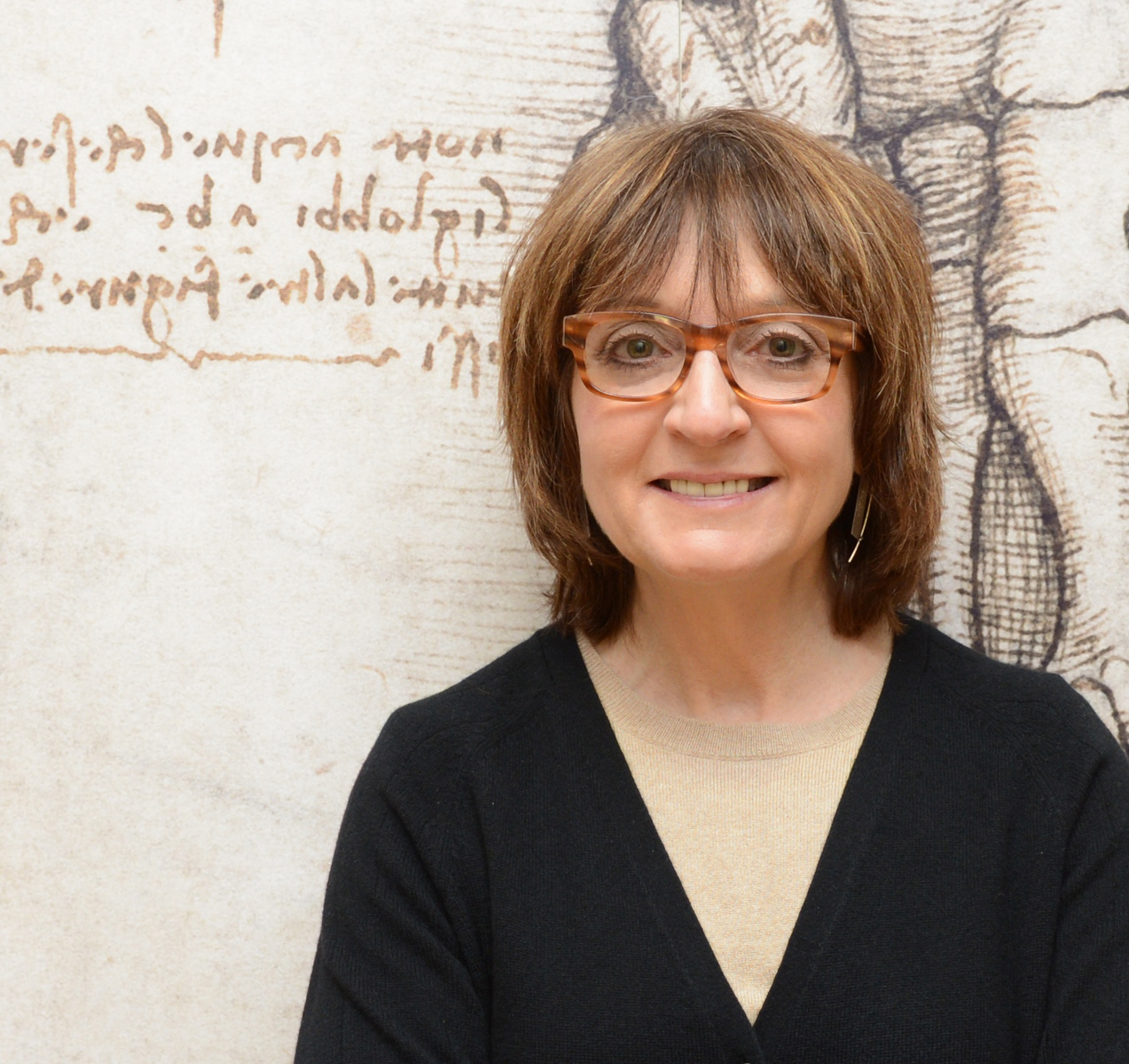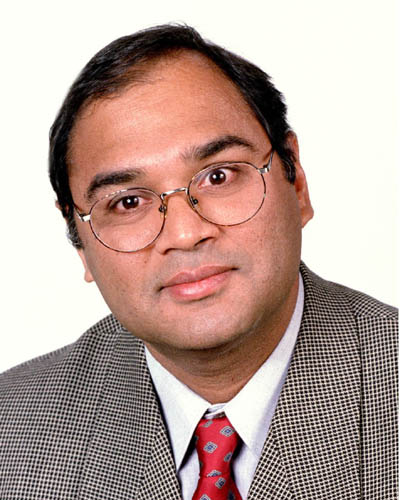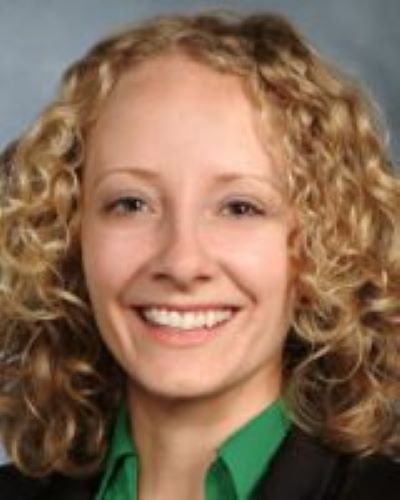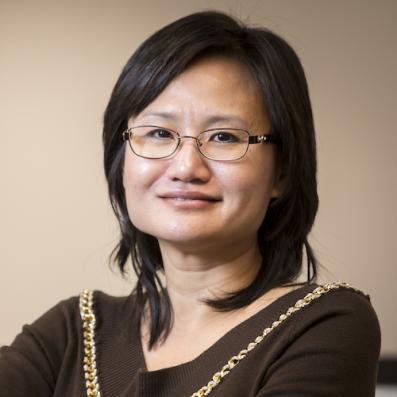MIT, Massachusetts General Hospital
TITLE: General Anesthesia, Neural Modulation and Altered States of Arousal
Abstract: General anesthesia is a drug-induced, reversible condition comprised of five behavioral states: unconsciousness, amnesia (loss of memory), antinociception (loss of pain sensation), akinesia (immobility), and hemodynamic stability with control of the stress response. Our work shows that a primary mechanism through which anesthetics create these altered states of arousal is by initiating and maintaining highly structured oscillations. These oscillations impair communication among brain regions. We illustrate this effect by presenting findings from our human and non-human primate studies using high-density EEG recordings and intracranial recordings. These studies have allowed us to give a detailed characterization of the neurophysiology of loss and recovery of consciousness due to propofol, and more recently ketamine. We show how these dynamics change systematically with different anesthetic classes and with age. As a consequence, we have developed a principled, neuroscience-based paradigm for using the EEG to monitor the brain states of patients receiving general anesthesia. We demonstrate that the state of general anesthesia can be rapidly reversed by activating specific brain circuits. Finally, we demonstrate that the state of general anesthesia can be controlled using closed-loop feedback control systems. The success of our research has depended critically on tight coupling of experiments, signal processing research and mathematical modeling.
Biography:
Emery N. Brown, M.D., Ph.D. is the Edward Hood Taplin Professor of Medical Engineering and Computational Neuroscience at MIT; the Warren M. Zapol Professor of Anaesthesia at Harvard Medical School; and an anesthesiologist at Massachusetts General Hospital (MGH).
He received his B.A. in Applied Mathematics (magna cum laude) from Harvard College, his M.A. and Ph.D. in statistics from Harvard University and his M.D. (magna cum laude) from Harvard Medical School. Professor Brown completed his internship in internal medicine at the Brigham and Women’s Hospital and his anesthesiology residency at MGH.
Professor Brown is an anesthesiologist-statistician whose research is defining the neuroscience of how anesthetics produce the states of general anesthesia. He also develops statistical methods for neuroscience data analysis.
Professor Brown is a fellow of the IEEE, the American Association for the Advancement of Science, the American Academy of Arts Sciences, and the National Academy of Inventors. He is a member of the National Academy of Medicine, National Academy of Sciences, and the National Academy of Engineering.
Professor Brown has received an NIH Director’s Pioneer Award, an NIH Director’s Transformative Research Award, the Sacks Prize from the National Institute of Statistical Science, a Guggenheim Fellowship in Applied Mathematics, the American Society of Anesthesiologists Excellence in Research Award, the Dickson Prize in Science, the Swartz Prize for Theoretical and Computational Neuroscience, the Pierre Galletti Award, the Gruber Prize in Neuroscience, and a Doctor of Science Honoris Causa from the University of Southern California.

